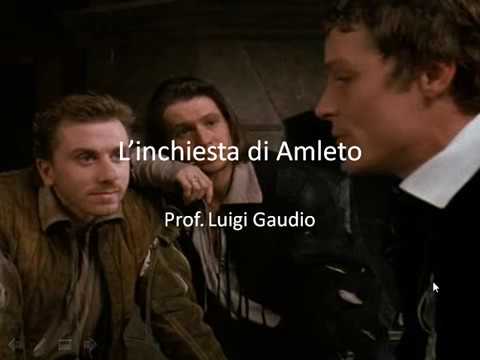
Amleto
27 Gennaio 2019
poter salvare una vita…
27 Gennaio 2019When you crack open a study guide for Hamlet, you’re not just diving into a single play—you’re embarking on a journey through centuries of human thought, drama, and storytelling.
Let’s explore what makes this tragedy so endlessly fascinating, using the roadmap that most academic approaches follow.
Setting the Stage: The Elizabethan World
Before we can understand Hamlet’s famous soliloquies or his complex relationship with his mother, we need to step back into Shakespeare’s world. The Elizabethan Age wasn’t just a time period—it was a cultural revolution. England was experiencing unprecedented prosperity, exploration was opening new worlds, and the arts were flourishing under Queen Elizabeth I’s reign.
This historical context matters because Hamlet reflects the anxieties and philosophies of its time. The play grapples with questions about divine right, political legitimacy, and moral authority—issues that were very much alive in Shakespeare’s England.
The Art of Drama: From Medieval to Modern
Shakespeare didn’t invent drama out of thin air. He built upon centuries of theatrical tradition, from medieval mystery plays performed in church courtyards to the sophisticated court entertainments of his day. Understanding this evolution helps us appreciate how revolutionary Hamlet really was.
While European drama was developing its own sophisticated traditions, English theater was creating something unique. The blend of high poetry and low comedy, philosophical depth and crowd-pleasing action, was distinctly Shakespearean.
The Man Behind the Words
Shakespeare’s life and career provide crucial context for understanding Hamlet. Written around 1600-1601, the play came during his mature period, when he had the confidence to tackle the biggest questions about human existence. This wasn’t the work of a young playwright trying to make his mark—it was the product of an artist at the height of his powers.
A Cast of Unforgettable Characters
What makes Hamlet endure isn’t just its plot but its people. Each character serves multiple functions:
Hamlet himself is perhaps literature’s most complex protagonist—a Renaissance prince, a university student, a grieving son, and a reluctant avenger all rolled into one.
Claudius isn’t just a villain but a skilled politician who genuinely seems to care for his kingdom and his new wife.
Gertrude remains one of literature’s most debated characters—is she complicit in her husband’s murder or simply a woman caught between impossible loyalties?
Even smaller characters like Horatio (the loyal friend) and the Gravedigger (who provides both comic relief and philosophical insight) feel fully realized.
Themes That Transcend Time
The enduring power of Hamlet lies in its themes:
Revenge drives the plot, but Shakespeare complicates it by making us question whether revenge is ever truly satisfying or morally justified.
Death and melancholy permeate the play, from the ghost’s first appearance to the final tragic pile of bodies. Yet the play isn’t simply depressing—it’s profoundly thoughtful about mortality.
Madness—both real and performed—becomes a lens through which to examine sanity, society, and truth itself.
The inclusion of Stoicism in many study guides reflects how the play anticipates modern philosophical approaches to dealing with suffering and uncertainty.
From Page to Screen
Modern study of Hamlet increasingly includes its film and stage adaptations, and for good reason. Each production makes choices about the character’s age, sanity, and motivations that reveal new possibilities in the text. Comparing Laurence Olivier’s introspective Hamlet with Mel Gibson’s action-oriented version, or Kenneth Branagh’s full-text interpretation, shows how alive and flexible this 400-year-old play remains.
Why This Structure Matters
This kind of comprehensive approach—from historical context to modern adaptations—reflects how we really understand literature. We don’t just read Hamlet in isolation; we read it as part of a continuing conversation between past and present, between Shakespeare’s world and our own.
Whether you’re a student approaching the play for the first time or a theater lover revisiting it, remember that Hamlet rewards every level of engagement. It’s a revenge tragedy, a philosophical meditation, a psychological study, and a political drama all at once. No wonder it’s been captivating audiences for four centuries.
The beauty of Hamlet is that it remains unfinished business—there’s always more to discover, more to debate, more to feel. As Hamlet himself might say, the readiness is all.



